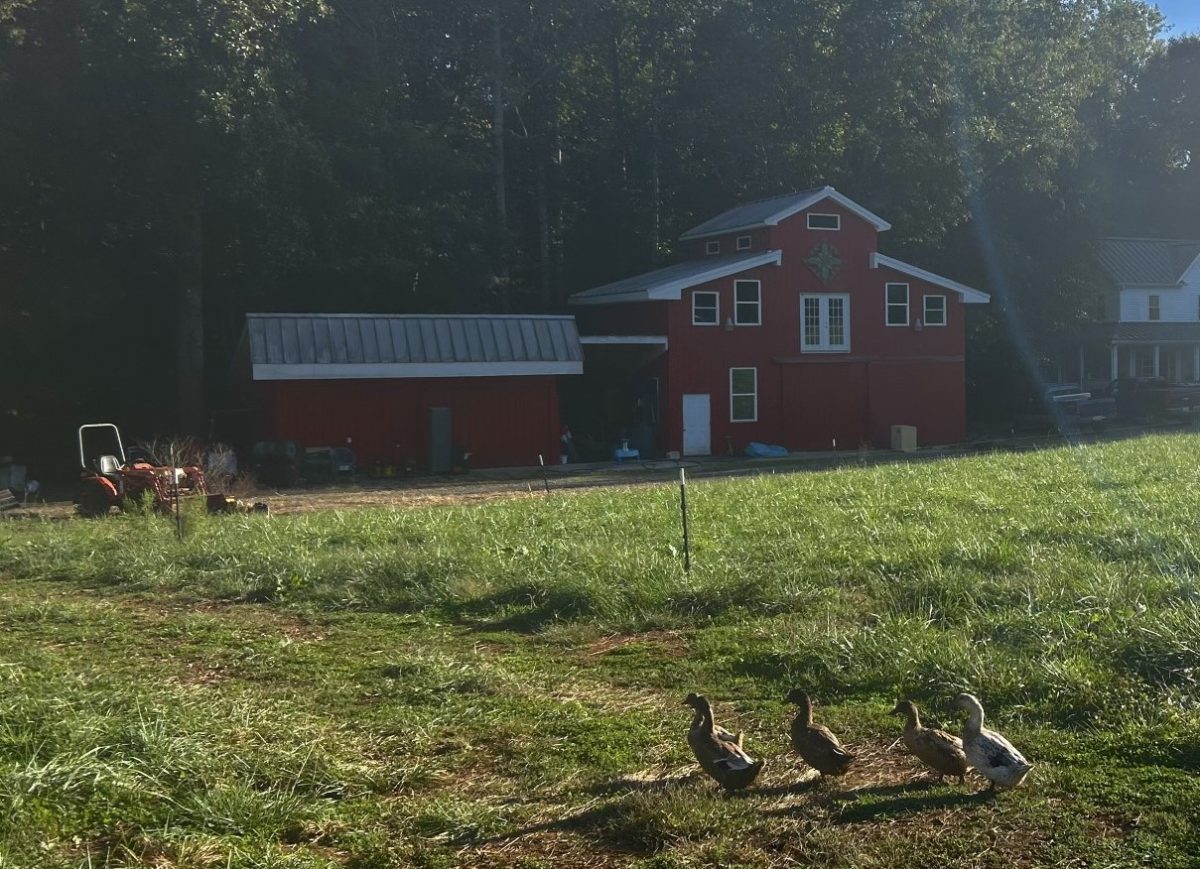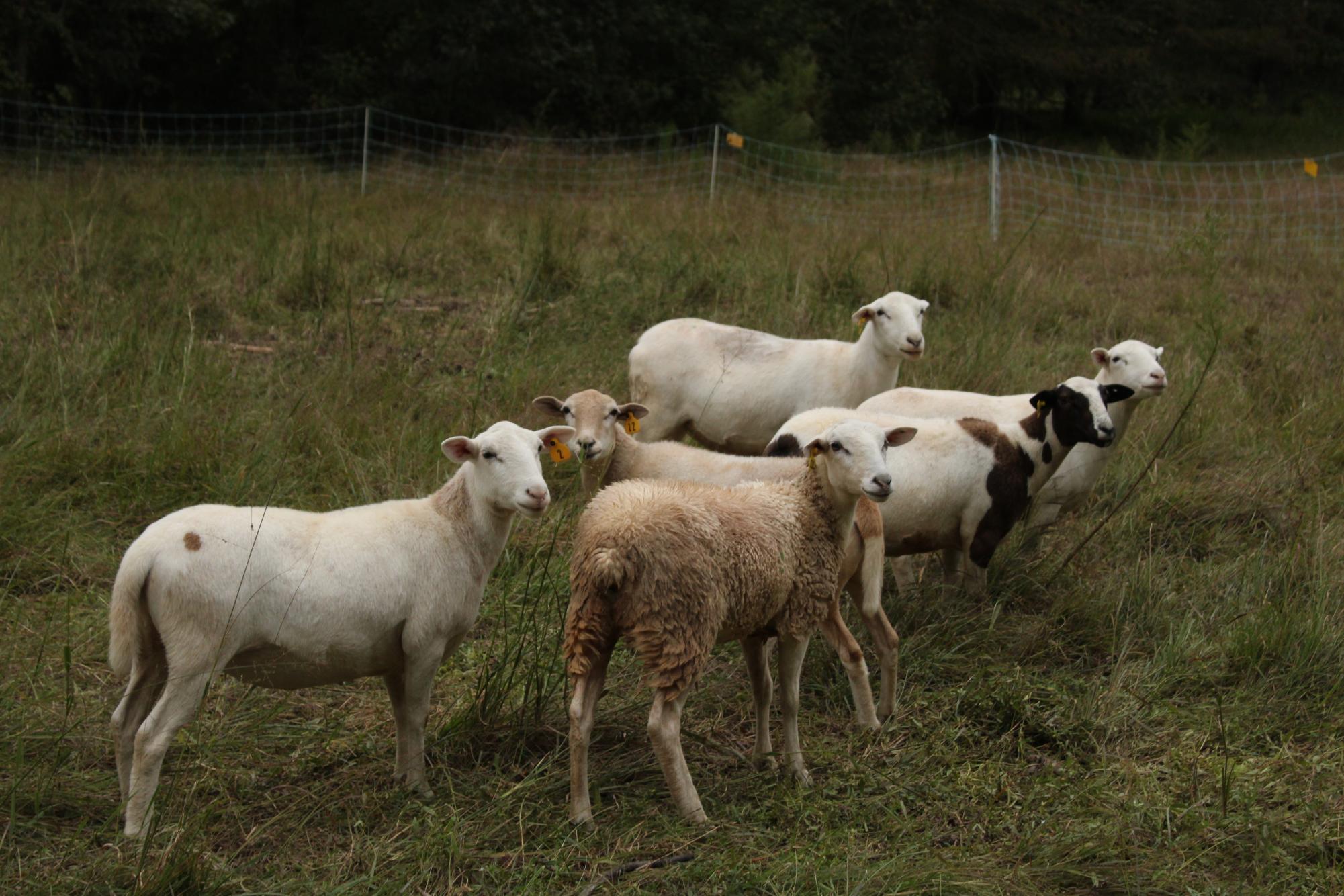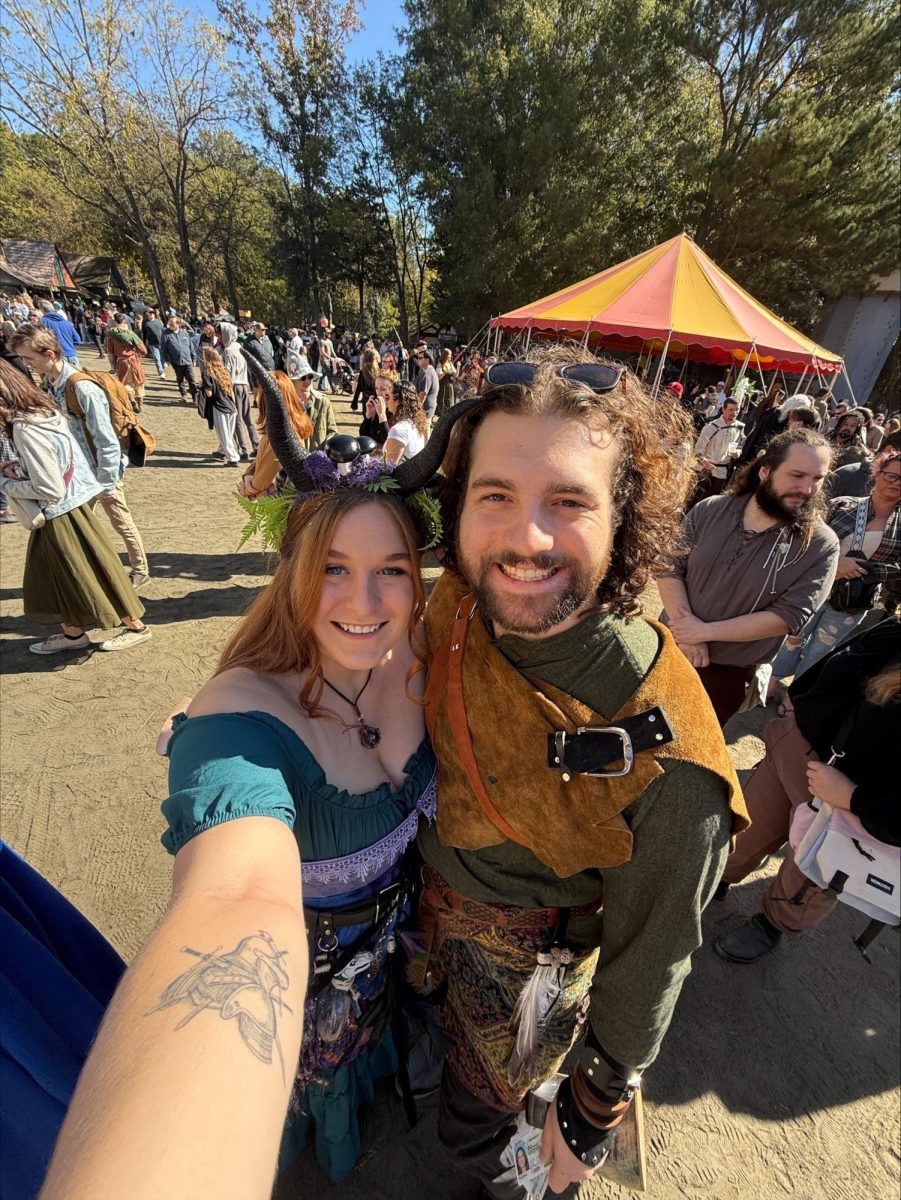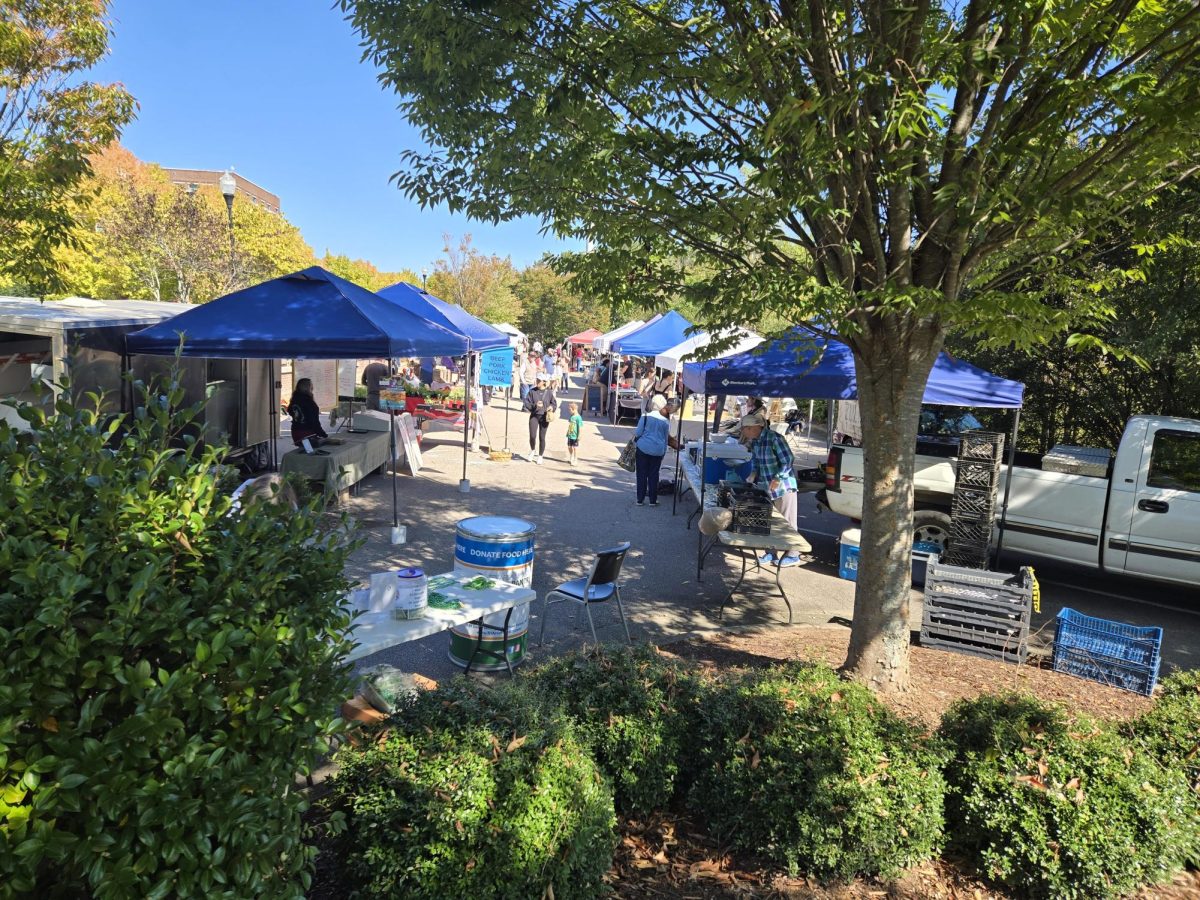At Campbell-Lamb, located in Wake Forest, NC, agriculture is not just a way of life; it’s a community-driven activity that challenges preconceived notions. When most people think of animal farming for food, many immediately picture factory farming: animals packed into intense, confined and controlled conditions or cows so big their legs break. However, that idea is due to a lack of knowledge.
A few organizations, such as PETA, push the idea that every farm is, in a sense, a slaughterhouse, and the farmers have no care about the animals and the meat they produce. Social media pushes this ideology out to the public, affecting how people view farmers.
Farmer Annabel Parker, who works on Campbell-Lamb, elaborates on how PETA uses specific tactics to place the field of agriculture in a negative light.
“They prey on people not being in touch with where their food comes from or how the farmers interact with the animals that they farm, and [it] insights fear,” Parker said.
This emphasizes why community and education are so important in agriculture. Schools have begun incorporating agriculture-themed courses, such as horticulture and animal science classes, to educate young minds about farming and agriculture, helping slow the rise of misinformation and the distrust of farming. Schools have also begun placing clubs such as the National Future Farmers of America Organization – or FFA – into their available extracurriculars. These clubs and classes help give students, like FFA’s social media reporter, Amin Mohamed, a place to meet people who are just as ardent about agriculture.
“My favorite part [of FFA] is the community because I’ve gotten close with many people I met through FFA,” Mohamed said. “Even though it’s an agriculturally themed club, everybody is so different [and] we’re all bonded through agriculture because who doesn’t like plants? Who doesn’t like animals?”
Wakefield’s FFA team takes multiple trips throughout the school year to different farms to learn more about farming and how farms are run.
The students found how farms similar to Campbell-Lamb pour time and dedication into the farm’s daily care, from the youngest lamb to the oldest sheep. Much like 96 percent of U.S. farms, it’s a family farm, meaning the primary owner and people close to the owner take care of the farm’s day-to-day maintenance and business aspects.
Campbell-Lamb is known for its lamb, cows and ducks, depending on the season. Deciding which animals to raise can be difficult because of the many factors considered: who are the main buyers in the area, how many animals can you hold on the available land and is that amount profitable?
Second-generation farmer John Campbell discusses why they chose the animals they currently have on the farm.
“We have seven acres of field. I can have about four cows with their babies [on that size land], but with sheep, I can have potentially 25 to 30,” Campbell said. “The turnaround for sheep is a year and a half, [while] cows are looking at two and a half years, so [sheep] can potentially make more money per acre than cows.”
Getting a farm up and running is a challenge. There are substantial upfront costs, from acquiring land and machinery to the proper infrastructure and processing of animals. Common misconceptions suggest that farming is merely a stroll in the countryside, while in reality, it’s more of a relentless marathon. Every animal requires daily attention. It demands constant love, time and dedication to make a farm thrive, whether it be a produce, poultry or meat farm.
Because of these challenges, farming offers personal growth opportunities by nurturing qualities such as resilience, problem-solving and leadership while fostering a deep connection to the land and community.
Current FFA treasurer Nhan Tran has found that FFA isn’t like other clubs as members form many friendships due to all being there for the same reason: caring about and being interested in agriculture.
“FFA isn’t just [about] agriculture; many people tend to get pushed away from FFA because they think it’s all about farming,” Tran said. “[While] we learn a lot about agriculture, it’s also a lot of leadership development and connection opportunities.”
Many students in FFA would like to start their own farms in the future but are aware of the difficulties they will endure. While farming forms a tight-knit community where farmers can rely on each other, first, people must be able to afford land.
Land, in general, is expensive. However, buying land in Raleigh is costly due to recent growth. For people to start their farms, they need the capital to purchase animals, seeds, fertilizer and buy or rent land.
Campbell-Lamb’s current issue is the need for nearby processing facilities.
“All four-legged animals have to be USDA inspected, so they have to go to a processing facility to get the stamp of approval, so we can’t process them here,” Campbell said. “[Also], lamb is a niche market [so] there aren’t any lamb producers around here. We have to drive at least two hours away to get our lambs processed, which costs time and money.”
Due to these misconceptions and challenges, farming might not be one of many jobs that come to mind when considering job satisfaction, but it’s among the highest-ranked jobs in that industry. It’s not just a job; it’s a way of life. Farmers take immense pride in what they do, and that satisfaction comes from being connected to the land, working with animals and providing for their community.
“There’s a strong sense of responsibility that you don’t get in other industries because something is living and relying on you to live,” Parker said. “If you want a day off, you lean back on the [farming community].”












